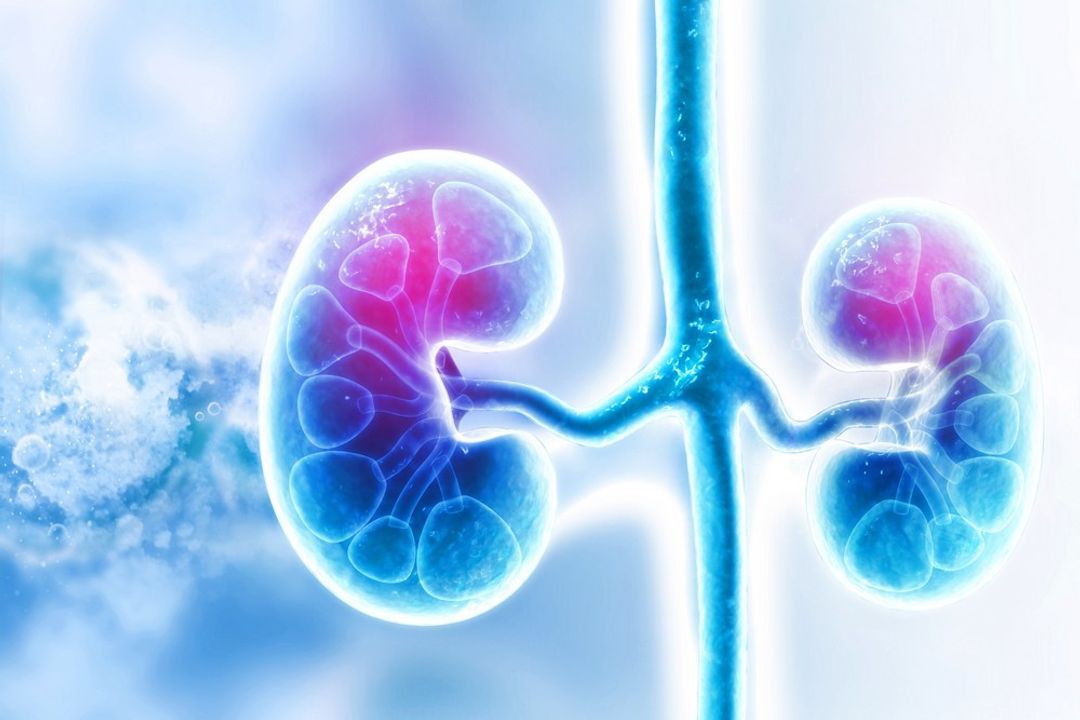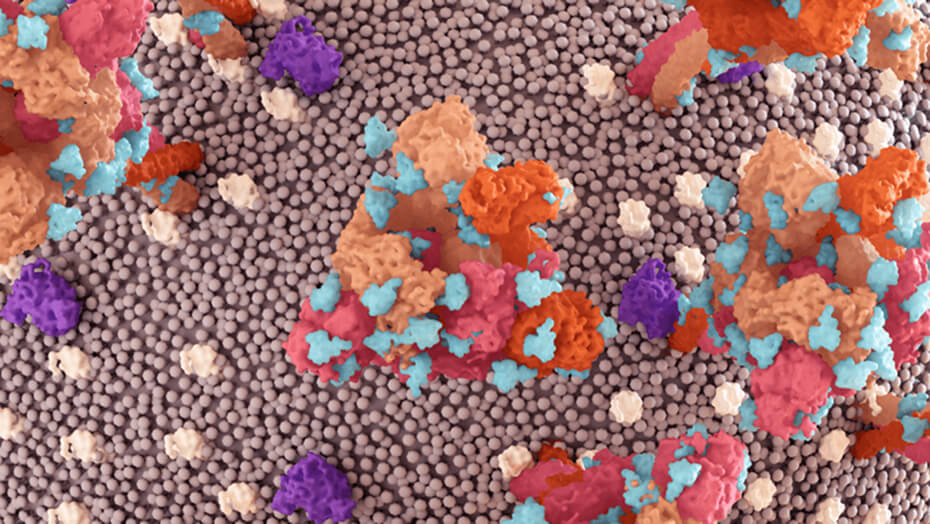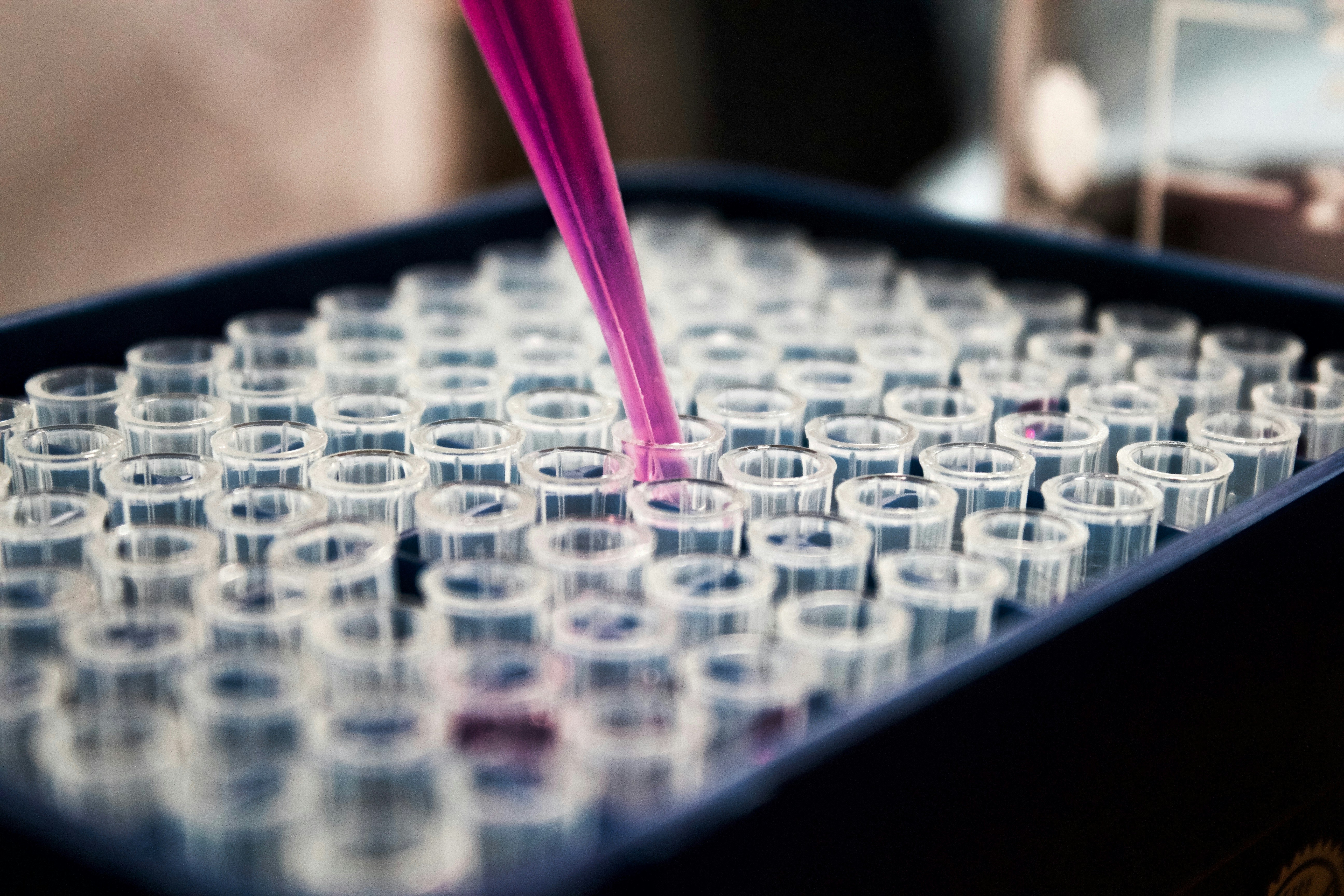Glycation vs Glycosylation: Examining Two Crucial Biochemical Processes
Discover the complex field of biochemistry as we dissect glycation and glycosylation. Understand the roles, impacts and differences between the two processes.
Biochemistry, the study of chemical processes within living organisms, is a complex and fascinating field. Within this realm, two phenomena, glycation and glycosylation, stand out for their profound impact on our health and well-being. Despite their phonetic similarity, these two mechanisms are distinct in nature and function within our bodies. Understanding these differences is key to comprehending their broader implications for human health.
This article aims to provide a comprehensive analysis of glycation and glycosylation, exploring their functions, differences and significance in our bodies. More specifically, we will examine the processes of glycation and glycosylation and their implications for health, their role in cellular functions and their importance in health and disease.
This knowledge will not only enhance your understanding but also provide insights into the complex interplay of these critical biochemical mechanisms that maintain health and contribute to disease.
What Is Glycation?
Glycation is a biochemical process that occurs when a sugar molecule, such as glucose or fructose, spontaneously bonds to a protein or lipid molecule without the controlling action of an enzyme. This reaction results in the formation of a class of compounds known as Advanced Glycation End-products (AGEs).
 AGEs can accumulate in various tissues and organs over time, leading to structural and functional changes in various proteins. Their formation can be accelerated under certain conditions, such as high blood sugar levels in diabetes. This build-up can increase oxidative stress and inflammation, which play a major role in ageing and the onset of chronic diseases.
AGEs can accumulate in various tissues and organs over time, leading to structural and functional changes in various proteins. Their formation can be accelerated under certain conditions, such as high blood sugar levels in diabetes. This build-up can increase oxidative stress and inflammation, which play a major role in ageing and the onset of chronic diseases.
One of the most concerning health implications of glycation is its role in the development of diabetes mellitus and the subsequent kidney damage known as diabetic nephropathy. The first sign of diabetic nephropathy is a condition called proteinuria, which means there are too many proteins in the urine. If the kidneys continue to function abnormally, this can lead to chronic kidney disease triggered by an imbalance between prooxidant and antioxidant processes.
Furthermore, AGEs have been implicated in the causation and progression of neurodegenerative diseases, such as Alzheimer's and Parkinson's. This happens through their interaction with a specific receptor in the body known as the Receptor for Advanced Glycation End-products (RAGE). To simplify, think of AGEs as keys and RAGE as a lock. When an AGE (the key) binds to RAGE (the lock), it triggers a series of reactions in the body. This process can damage cells in the brain, causing them to progressively lose their function or die.
Recent research has started to investigate how AGEs, particularly those we consume in our diet, affect the balance of the gut microbiota. Some of these dietary AGEs are large molecules that the intestines can't absorb. Instead, they travel to the colon, where the bacteria can break them down. However, it's not entirely clear how they might change the composition of gut bacteria, as the evidence so far has been mixed [1].
What Is Glycosylation?
Glycosylation is a process where carbohydrate chains, known as glycans, are added to proteins or fats in a regulated fashion, mediated by the actions of enzymes. The term glycome refers to a collection of glycan structures pertaining to different cell types and/or glycosylated biomolecules.
Glycosylation is important in many health-related processes as changes within this process can affect inflammation, help viruses evade the immune system, aid in cancer spread, and even control cell death.
There are different types of glycosylation, including N-linked, O-linked, and glycosylation of glycosphingolipids (GSLs). Each type involves different enzymes and occurs in different parts of the cell, adding to the glycome's diversity.
N-linked glycosylation attaches a specific simple sugar to a protein, forming a core structure that other sugars can be added to or removed from. This type of glycosylation is found in most living organisms and regulates many intracellular and extracellular functions.
O-linked glycosylation happens on certain amino acids. This type is common in many proteins outside or secreted by the cell, including mucins, which are important for forming a barrier that protects the body's surfaces from the outside world.
Glycosylation of GSLs attaches a glycan to a specific type of fat. GSLs are common in humans and are usually found in cell membranes.
Glycation | Glycosylation | |
Enzymatic Control | A spontaneous, non-enzymatic process | A controlled, enzymatic process |
Implications for Health | Involves the formation of AGEs and is often associated with various health issues, including diabetes and neurodegenerative diseases. | Generally, a normal cellular process that is crucial for various physiological functions. However, abnormalities in glycosylation can also lead to and be caused by diseases, including certain types of cancer and immune disorders. |
Reversibility | Typically irreversible, leading to permanent changes in the structure and function of the affected proteins. | Some forms of glycosylation are reversible, allowing for dynamic changes in the structure and function of glycosylated proteins. |
Sites of Occurrence | Can occur both inside and outside the cell as it does not require enzymatic control. | Occurs inside the cell, specifically within the Golgi apparatus and the endoplasmic reticulum, where the necessary enzymes are located. |
Impact on Protein Function | Often impairs the function of proteins | Crucial for the proper functioning of proteins. |
GlycanAge: A Revolutionary Biological Age Test
The processes of glycation and glycosylation have profound implications for our health and well-being. Understanding these inner workings of your body is key to optimising your healthspan. Enter GlycanAge, a revolutionary biological age test that offers a unique insight into your body's state of wellness.
 GlycanAge is not your typical age test. It goes beyond the surface, measuring chronic inflammation in your system, which is directly linked to your lifestyle and can be influenced by both glycation and glycosylation, but analyses the latter on the most common antibody in our blood; immunoglobulin G. GlycanAge is a valuable tool for understanding the impact of these processes on your health.
GlycanAge is not your typical age test. It goes beyond the surface, measuring chronic inflammation in your system, which is directly linked to your lifestyle and can be influenced by both glycation and glycosylation, but analyses the latter on the most common antibody in our blood; immunoglobulin G. GlycanAge is a valuable tool for understanding the impact of these processes on your health.
The process is simple. With an easy-to-use kit, you collect a small blood sample at home and send it to the lab. Within three weeks, you receive your results and a comprehensive report. But it doesn't stop there. Each GlycanAge test includes a free consultation with a specialist who will help you interpret your results and suggest lifestyle changes to improve your health.
Are you ready to discover your biological age and take control of your health? Start your journey today and purchase a GlycanAge test. It's time to extend your healthspan and live your best life.
Conclusion
Grasping the intricacies of glycation and glycosylation offers valuable insights into the molecular workings of our bodies and the genesis of certain diseases. As we continue to delve into these processes, we open up avenues for innovative therapeutic strategies and a more profound understanding of human health.
Moreover, these biochemical actions have direct implications for our everyday lives. For instance, inflammation is influenced by both glycation and glycosylation and is directly linked to our lifestyle and overall health.
The GlycanAge test, a groundbreaking biological age test, utilises our understanding of glycation and glycosylation to measure chronic inflammation in our bodies. By gaining a deeper understanding of these mechanisms, you can optimise your healthspan and live a healthier, longer life. Purchase a GlycanAge test today and unlock the secrets of your biological age.
Reference
- https://www.mdpi.com/2072-6643/11/2/215


